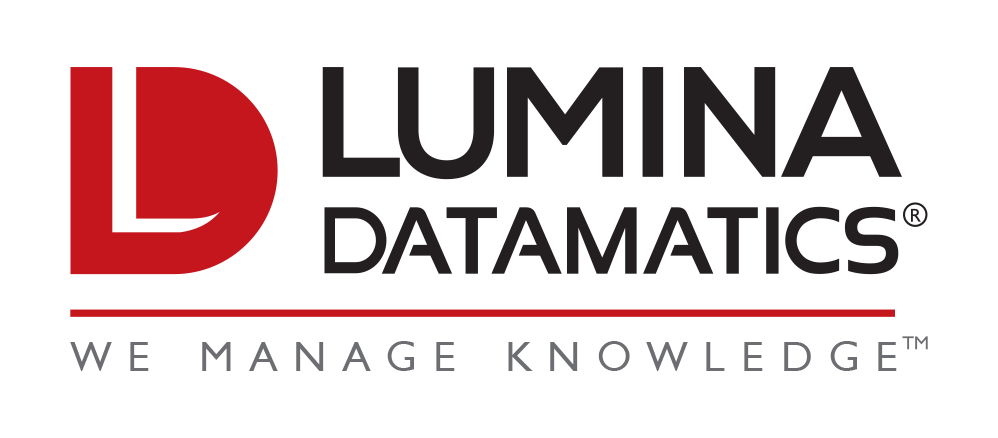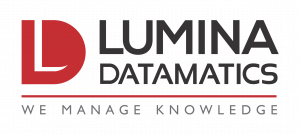This spring, a global pandemic forced students and teachers worldwide to dive head-first into full-time remote learning. With a number of schools and universities already announcing plans to continue online courses through the fall semester, educators are looking for ways to enhance and foster better learning experiences in these socially distant times. The reality of a greater dependence on prepacked, customizable and readily available course materials for students is indisputable, and these times present an opportunity for educators to focus on bolstering online offerings through the inclusion of Open Educational Resources (OERs).
What are OERs?
Open Educational Resources [1] are any teaching, learning or research materials published either in the public domain or under open licenses that allow one to reuse and/or adapt another creator’s work without the normal copyright restrictions. This definition includes any text, media or digital assets, from textbooks and journal articles, to streaming videos, sound recordings, coding tools, course modules, question banks, testing materials and any other content that could be used to support educational development.
What are the benefits?
All of these openly available resources and tools can be leveraged to create a better online learning experience for students by providing:
- Flexibility – Utilizing OER content that is readily available to support your pedagogical mission ultimately allows for greater student independent learning. Most successful online courses enable students to access and engage in the course content when convenient for them. OERs can help educators create a compilation of instructional and assessment materials students can access at any time to guide them successfully through the course, as opposed to relying solely on a streaming video lecture, for example.
- Cost savings – OERs are free-to-use and allow all students equal access to valuable material whether or not they can afford it. Additionally, when educators are looking to publish their own work, utilizing OERs to support their writing rather than licensing traditionally published educational material will help save on permissions costs that can easily drive up the cost of custom textbooks and student course packs.
- Customization – OERs permit educators to build upon already existing quality educational content currently available, providing an easy way to keep content updated and current as well as completely customizable to their own particular course or student base.
Identifying True OER & Openly Licensed Material
In its broadest definition, OERs are created to make educational content available to everyone, everywhere, to use in any way, to help encourage and foster the spread of free knowledge to all. Due to the variety of existing “open” license types, however, it can be difficult to be certain the material found online or elsewhere is in fact an OER.
In reality, a lot of content published with seemingly open license types are not fully free to use by all, but rather have specific restrictions that limit certain users (mostly commercial) or certain actions by users.
When researching OERs online, it is essential educators check any found material for clearly tagged open license type or indication that the material was published in the public domain. If an item is not clearly labeled with an open license or verifiably in the public domain, it is not an OER, regardless of where it is found online.
The most widely known open license type in existence today is the Creative Commons (CC) license. There are six different CC licenses [2] currently, and it is important to note that they do not all grant free and unrestricted use of the material. The Attribution (CC BY) [3] license is the most broad of these (other than public domain) & safest to use, permitting users to engage in any of the 5 R’s of OER [4] (retain, revise, remix, reuse, or redistribute the material) as long as they attribute the original source.
For educators preparing course content, some important questions to ask yourself when looking to use any found OERs:
- Do I plan to adapt or revise this content in any way? (if yes, avoid any ND “non-derivative” CC license types)
- Am I willing or able to publish my own contributions to this content under the same open license type? (if no, avoid any SA “share-alike” CC license type)
- Do I plan to commercially publish this material? (if yes, avoid NC “non-commercial” CC license type)
One helpful visual for educators when reviewing any Creative Commons license in consideration of use can be found at the Nebraska Department of Education website [5].
Where Can You Find OER?
The Creative Commons has an excellent overview [6] of websites educators can use when searching for OER content online. Other popular OER search engines include SUNY Geneseo’s OASIS tool [7], The Teaching Commons [8] repository and The Directory of Open Access Books [9].
It is important to remember that content found on these websites is not automatically fully open licensed and free-to-use. Interested users must check the material for indication it is covered by a license type that permits their intended use.
Emergency Libraries & Other COVID-19 Copyright Complications
While linking to resources currently available through one of the many emergency libraries [10] online today as a result of the pandemic is a great way to provide even more valuable content to students, it is important for educators to remember these materials are not OERs and will not be free-to-use forever. When building course content, it is best to focus on true OERs to avoid any copyright risks or find yourself in a position where you need to update and remove an element at a later date.
Educators should also remember when posting any materials online – their own or otherwise – it is best practice to only make their materials available in restricted locations (such as a class-specific, password-protected section of their institution’s Learning Management System (LMS)). While the TEACH Act [11] and fair use also provide some provisions for educators, these are limited, especially for open instructor websites or massive open online courses (MOOCs).
Though COVID-19 has created a particularly urgent and immediate need for educators to adapt their courses to online platforms, it’s also important to keep in that the pandemic itself is merely an accelerator of a pre-existing trend [12]—that is, the expanded use of remote learning within the larger educational market. As the use of remote learning increases, the need for OERs (and educators that know how to properly find and use them) – will increase as well.
Sources:
- https://www.oercommons.org/about
- https://opencontent.org/definition/
- Nebraska Department of Education
- https://oasis.geneseo.edu/index.php
- https://teachingcommons.us/
- https://www.doabooks.org/
- Vendor Love in the time of COVID-19
- TEACHing from a Distance and Copyright Considerations
- Coronavirus accelerates higher education’s trend toward distance learning





0 Comments